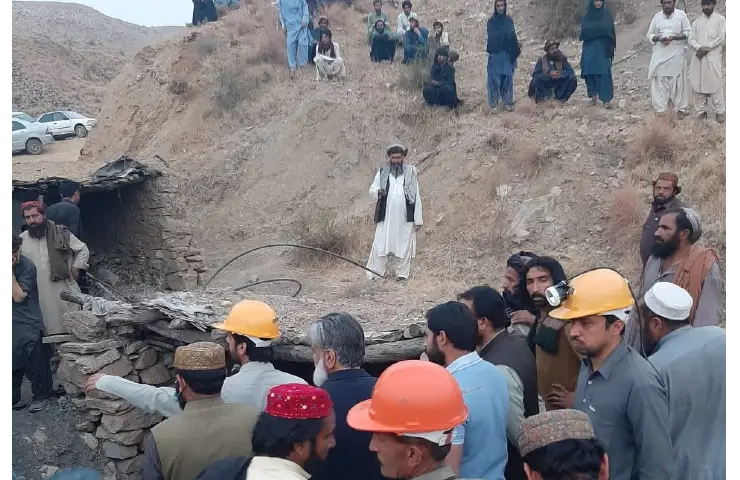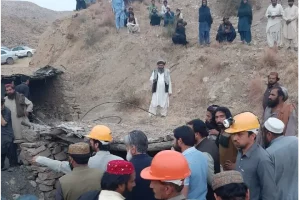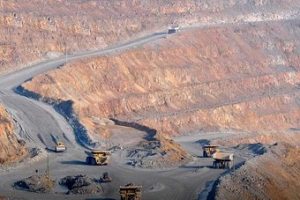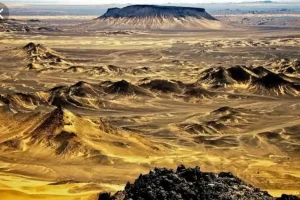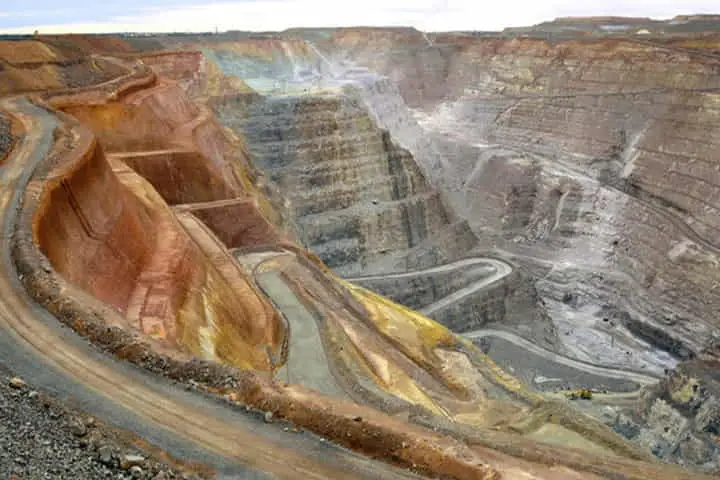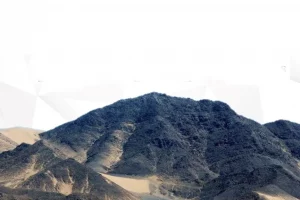A cash-strapped and flooded Pakistan played host to a high-profile delegation of Canada-based extraction firm Barrick Gold at the Gwadar port city in Balochistan on Wednesday.
The delegation led by Michael Peter Nelson, flew into Gwadar in a special plane to meet chairman of the Gwadar Port Authority (GPA), Mr Naseer Khan Kashani, reports Pakistani newspaper Dawn. The report says that the delegation was briefed about the Gwadar port, Gwadar free zone and other development projects initiated under the China-Pakistan Economic Corridor (CPEC).
The CPEC links the Kashgar region of China to the Gwadar port city that opens up to the Arabian Sea, connecting the two countries through a network of road and railway lines. The ambitious $62 billion CPEC seeks to open up alternate routes of trade for China into the Persian Gulf–the global energy nerve centre–and bypass the complicated Malacca Strait.
Pakistan has assured the IMF that it will “strive” to reduce capacity payments to the China-Pakistan Economic Corridor (CPEC) power projects either by renegotiating deals or having loans rescheduled — a big concession that might prove to become costly. https://t.co/KP5VDMHhVz
— Shahbaz Rana (@81ShahbazRana) September 4, 2022
Owing to Pakistan’s bureaucratic nonchalance and fiscal imprudence over CPEC, violent opposition to Chinese investments by the Baloch community, creeping distrust between the two allies–who had once eulogised their relationship as higher than the mountain and deeper than the sea–CPEC projects have almost been abandoned.
Is Pakistan replacing trusted Chinese firms with Barrick Gold in its tumultuous Baloch region? Is it also expecting the mining MNC to provide basic development facilities to the highly impoverished Baloch community?
Geopolitical analyst Mark Kinra told India Narrative that Barrick’s visit looks at possibilities of transporting its mined minerals and importing possible new equipment to the region for restarting mining activity, where challenges have only increased recently. “Transportation in Balochistan is done using trucks and the floods have damaged highways including the major ones – Karachi to Quetta and the Makran Coastal Highway which goes all the way up to Gwadar. This devastation will surely be a big hurdle in the transportation of minerals for which Barrick has again invested in Balochistan”.
Kinra says that Barrick might find it an uphill task to resume work considering that China was unable to capitalise its investment despite warm diplomatic relations and hefty security for Chinese workers. “It is highly unlikely that Barrick Gold will succeed with ingrained corruption and threats posed by Baloch freedom fighters. Even HK Sun Corporation Ltd, a Chinese firm engaged in bringing machinery for infrastructure projects in Gwadar has shut down its operations. Investors have taken out their money as they didn’t see Gwadar being profitable”, says Kinra.
Highlighting the massive under-development that ails Gwadar, and most of Balochistan, UK-based financial analyst Meerain Blaoch told India Narrative: “Regarding the CPEC, there has been no progress at all except that a motorway has been built. The people of Gwadar are still facing the issue of clean water and electricity so I think there is no development at all. It hardly has a proper college, drinking water facility or electricity”.
In March this year Barrick had signed a deal with the Imran Khan government to restart the undeveloped Reko Diq gold and copper mines. Pakistan was keen to sign the deal as it had defaulted on a previous agreement with Barrick leading to an imposition of $11 billion as penalty by a World Bank arbitration court.
In August, Barrick had contributed $150,000 to Balochistan’s Provincial Disaster Management Authority (PDMA) in the wake of the unprecedented floods that still grip most of Pakistan. In a press release in August, Barrick said: “Balochistan will benefit enormously from its stake in the mine. Even before construction starts… we will start implementing social development programs representing an estimated investment of $70 million over the construction period. In addition, Reko Diq will advance royalties of up to $5 million in the first year, up to $7.5 million in the second and up to $10 million thereafter until construction starts”.
Is Pakistan now expecting Barrick to raise the standards of a province that it has neglected for over seven decades but exploited for its rich deposits of minerals and gas. And can Barrick make a change in a region where an assertive power like China has conceded defeat?
Baloch insurgency enjoys support but lacks critical mass: Capt. Alok Bansal






